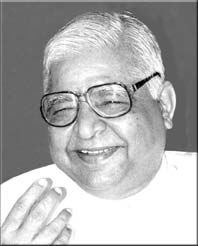One of the things that really surprises me about contemporary mindfulness meditation is how rarely – especially at the beginning – they highlight what, as far as I can tell, is the most beneficial aspect of the practice. It’s not a “secret” in the sense of being concealed away somewhere, just that beginners are rarely told how important it is; I more or less had to figure it out for myself. This holds true for the practices I’m most familiar with – Headspace, Robert Sokolove’s medical mindfulness recording, Goenka vipassanā – but also seems to hold for other forms of modern mindfulness that I’ve listened to recordings of. Because of this, I think it’s easy for a beginner to misinterpret what mindfulness meditation is about.
Headspace’s meditation instructions usually involve focusing your attention on your breath – its inward and outward movement, the way your chest and stomach rise and fall with the breath. (Sokolove’s likewise.) Goenka vipassanā puts more emphasis on repeatedly scanning your attention up and down through your body. But it’s become clear to me that that focus, on the breath or the bodily sensations, is not the point of any of these exercises.
Continue reading

